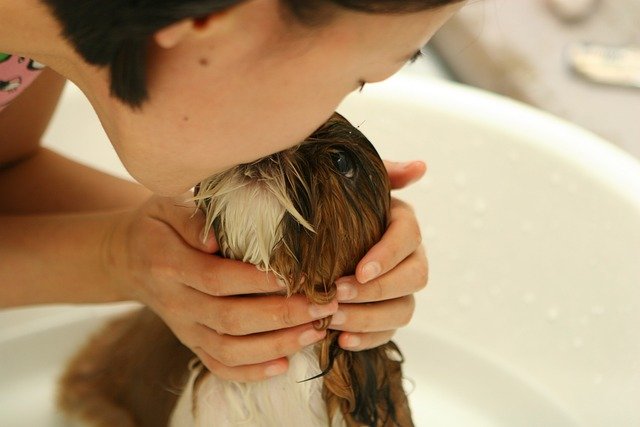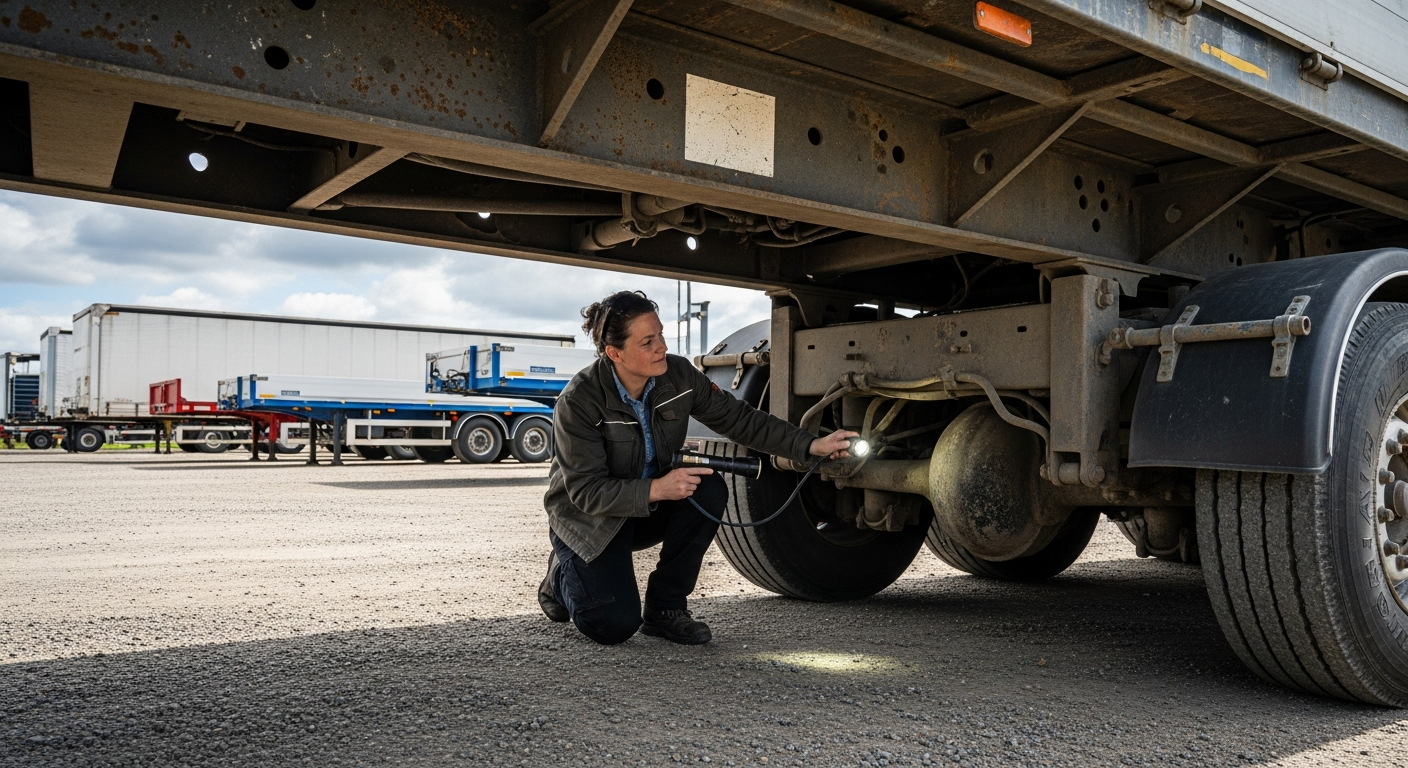The Complete Guide to Mini Yorkies: Care, Characteristics, and Training
Mini Yorkshire Terriers, or Mini Yorkies, are beloved companion dogs that pack plenty of personality into their tiny frames. These diminutive versions of standard Yorkshire Terriers typically weigh between 2-4 pounds when fully grown, making them perfect for apartment living and those seeking a portable pet companion. Understanding their unique needs and characteristics is essential for providing them with the best possible care and ensuring a happy, healthy life together.

What Are Some Common Characteristics of Mini Yorkies?
Mini Yorkies inherit many traits from their standard-sized counterparts, including their signature silky coat and confident personality. They typically stand 5-7 inches tall and display the breed’s characteristic black and tan coloring, though the shade may vary. These dogs are known for their intelligence, loyalty, and spirited nature. Despite their small size, Mini Yorkies often exhibit a brave and sometimes feisty temperament, earning them the nickname “big dog in a small package.”
How Can Owners Prepare Their Home for a Mini Yorkie?
Creating a safe environment for a Mini Yorkie requires careful consideration of their tiny size. Install baby gates to prevent falls on stairs, and ensure there are no gaps in fencing where they might squeeze through. Remove or secure potentially dangerous items like electrical cords, toxic plants, and small objects they could swallow. Set up a designated sleeping area with a properly sized bed or crate, and place food and water bowls where they can easily access them without stretching or straining.
What Type of Daily Care Is Typical for Mini Yorkies?
Daily care for Mini Yorkies centers around maintaining their distinctive coat and meeting their exercise needs. Their fine, hair-like coat requires daily brushing to prevent matting and regular professional grooming every 6-8 weeks. They need two to three small meals daily to maintain stable blood sugar levels, given their tiny size. Exercise requirements are modest – two 15-20 minute walks plus playtime typically suffices, though they should always be supervised outdoors due to their vulnerability to larger animals.
What Kind of Living Environment Supports Mini Yorkies?
Mini Yorkies adapt well to various living situations but thrive in controlled environments. They do exceptionally well in apartments and small homes, requiring minimal space for exercise and play. Temperature regulation is crucial – these tiny dogs are sensitive to both cold and extreme heat. Provide warm clothing for winter walks and ensure air conditioning during summer months. Create multiple cozy spots throughout your home where they can rest and observe their surroundings.
What Are the Usual Social and Training Needs of Mini Yorkies?
These intelligent dogs respond well to positive reinforcement training methods but require consistency and patience. Early socialization is crucial to prevent excessive barking and anxiety around strangers or other animals. Basic obedience training should begin immediately, focusing on house training, basic commands, and leash manners. Due to their small size, gentle handling and training methods are essential to prevent injury.
Mini Yorkie Initial Setup Cost Comparison
| Item Category | Essential Items | Estimated Cost Range |
|---|---|---|
| Housing | Crate, bed, gates | $100-200 |
| Grooming | Brushes, shampoo, supplies | $50-100 |
| Food/Water | Bowls, initial food supply | $40-60 |
| Training | Pee pads, treats, toys | $50-80 |
| Healthcare | Initial vet visit, vaccines | $200-400 |
Prices, rates, or cost estimates mentioned in this article are based on the latest available information but may change over time. Independent research is advised before making financial decisions.
Mini Yorkies make wonderful companions for dedicated owners who understand their unique needs and characteristics. While they require consistent care and attention, their loving nature and portable size make them ideal pets for many living situations. Success with a Mini Yorkie comes down to proper preparation, understanding their care requirements, and commitment to their training and socialization needs.




